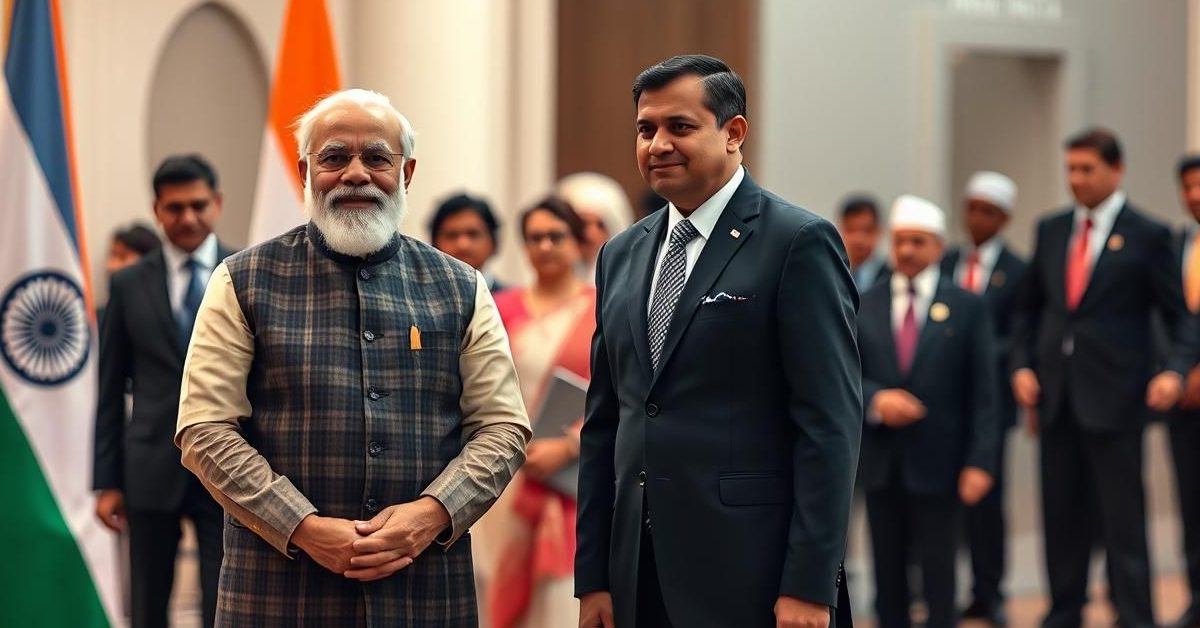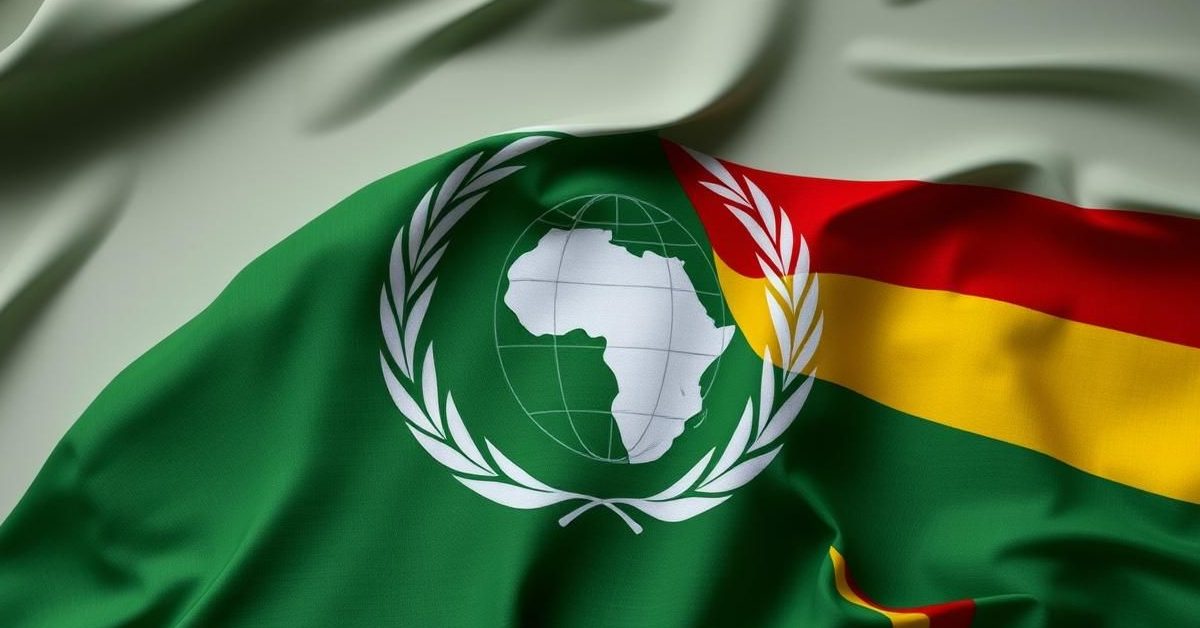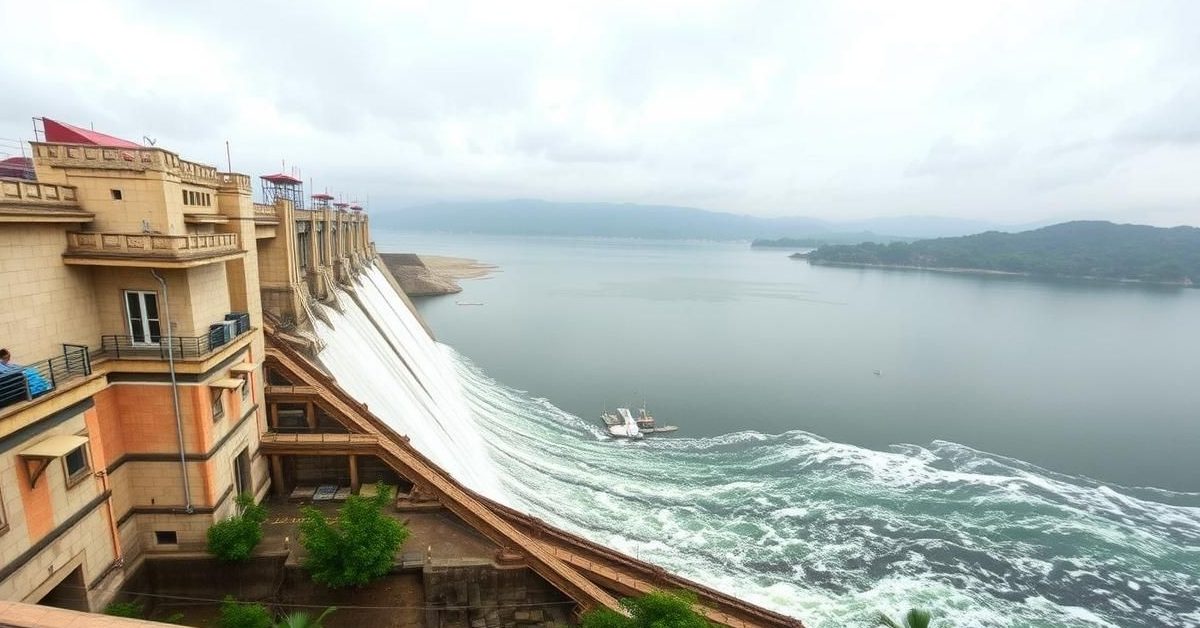This article brings you a snapshot of significant global and national developments, from India’s deepening strategic ties with Argentina to electoral roll controversies in Bihar, shifts in US energy policy, and the historical complexities of India-China relations.
India Forges Stronger Ties with Argentina
Prime Minister Narendra Modi recently met with Argentine President Javier Milei in Buenos Aires, marking a significant step in bilateral relations. This visit, the first by an Indian Prime Minister in 57 years (excluding the 2018 G20 Summit), highlighted a strategic partnership that has been growing since 2019.
Both nations are set to boost collaboration in several key areas. These include critical minerals like lithium and copper, essential for India’s clean energy transition, alongside shale gas, defense manufacturing, space technology, and digital health solutions. They are also working towards a Preferential Trade Agreement and exploring the adoption of India’s Unified Payments Interface (UPI) system.
Bihar Electoral Roll Revision Faces Supreme Court Challenge
The Association for Democratic Reforms (ADR), an NGO, has approached the Supreme Court to challenge the “Special Intensive Revision” of electoral rolls in poll-bound Bihar. The plea argues that the process lacks due process and operates on an “unreasonably short timeline,” potentially disenfranchising millions of voters.
Concerns have been raised that stringent documentation requirements, such as proof of birth date or parental citizenship, could exclude marginalized communities and migrant workers who often lack such records. The NGO asserts that this violates constitutional articles related to equality, freedom, and the right to vote, shifting the burden of voter registration unfairly onto citizens.
The Dalai Lama’s Asylum: A Turning Point in India-China Relations
April 26, 1959, marked a pivotal moment when India granted asylum to the Dalai Lama, who had fled Tibet following China’s occupation. Prime Minister Jawaharlal Nehru’s decision was based on “moral and humanitarian” grounds, despite significant criticism and strong protests from Beijing.
This act profoundly impacted India-China relations, contributing to the deterioration that eventually led to the 1962 Sino-Indian war. The Dalai Lama, now approaching 90, recently reiterated that the institution of the Dalai Lama would continue, with his Gaden Phodrang Foundation holding the authority to recognize his reincarnation.
US Reworks Energy Strategy with ‘Big Beautiful Bill’ Act
US President Donald Trump has signed the ‘One Big Beautiful Bill’ Act (OBBBA), signaling a significant shift in the nation’s energy policy. This legislation largely rolls back federal incentives for clean energy technologies like solar, wind, and electric vehicles (EVs), which were central to the previous administration’s efforts.
Instead, the OBBBA aims to boost domestic fossil fuel production by slashing royalty rates for drilling and expanding oil and gas leasing. Experts warn this could lead to higher household energy bills, slow down clean technology adoption in the US, and further solidify China’s global dominance in the clean energy sector.
India Reserves WTO Rights Amid US Auto Tariff Dispute
India has declared its intention to reserve rights to impose retaliatory duties on the United States, following US tariffs on Indian auto parts. This move, made under the World Trade Organization (WTO) Agreement on Safeguards, is a procedural step allowing a member to suspend concessions if another imposes safeguard measures.
Despite this action, officials indicate it will not disrupt ongoing negotiations for a proposed bilateral trade agreement (BTA) between India and the US. Both countries aim to significantly increase their bilateral trade, targeting $500 billion by 2030 from the current $191 billion.
Japan Braces for More Earthquakes
Japan’s government has issued warnings about the possibility of more strong earthquakes in the waters southwest of its main islands. This comes after over 1,000 tremors, including a 5.5-magnitude quake, have been recorded in the Kagoshima prefecture over the past two weeks.
Japan is highly susceptible to seismic activity due to its location on the “Pacific Ring of Fire.” This horseshoe-shaped zone around the Pacific Ocean is known for its intense tectonic plate movements, which frequently result in earthquakes, volcanic eruptions, and tsunamis.
- India and Argentina are strengthening ties across critical minerals, defense, and digital payments.
- A new electoral roll revision in Bihar is facing a Supreme Court challenge over potential voter disenfranchisement.
- The Dalai Lama’s asylum in 1959 had a lasting impact on India-China relations.
- The US ‘One Big Beautiful Bill’ Act marks a major policy shift away from clean energy incentives.
- India is using WTO rules to respond to US auto tariffs, while still pursuing a broader trade deal.
- Japan remains highly vulnerable to earthquakes due to its position on the Pacific Ring of Fire.
These developments highlight the dynamic nature of international relations, domestic governance, and global economic shifts, shaping the future landscape for millions worldwide.















